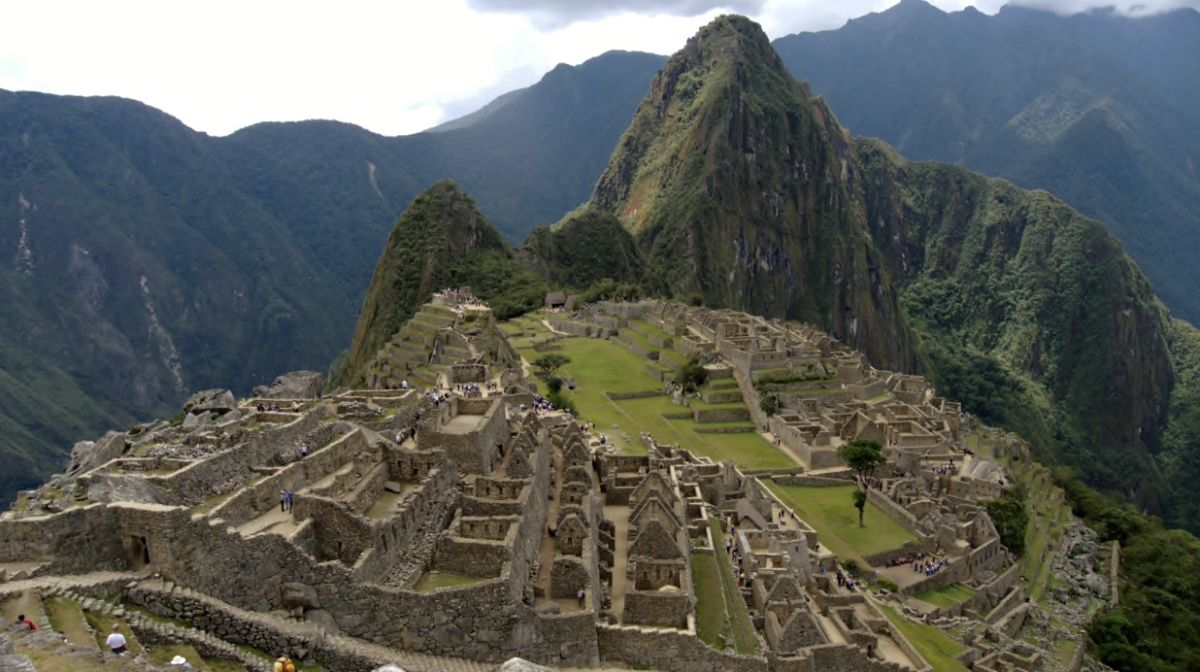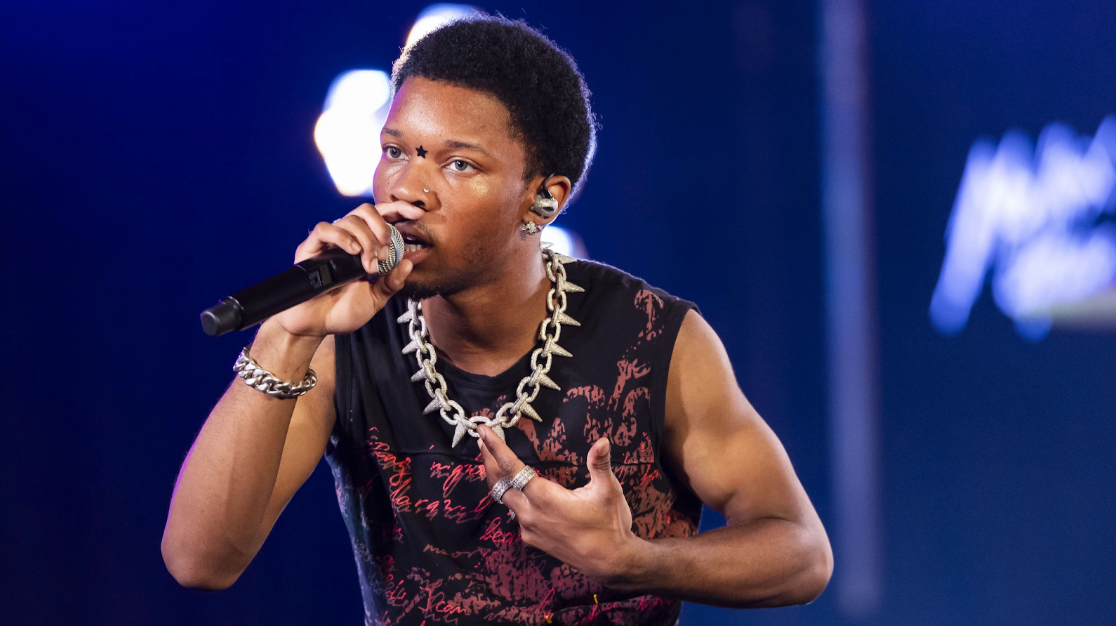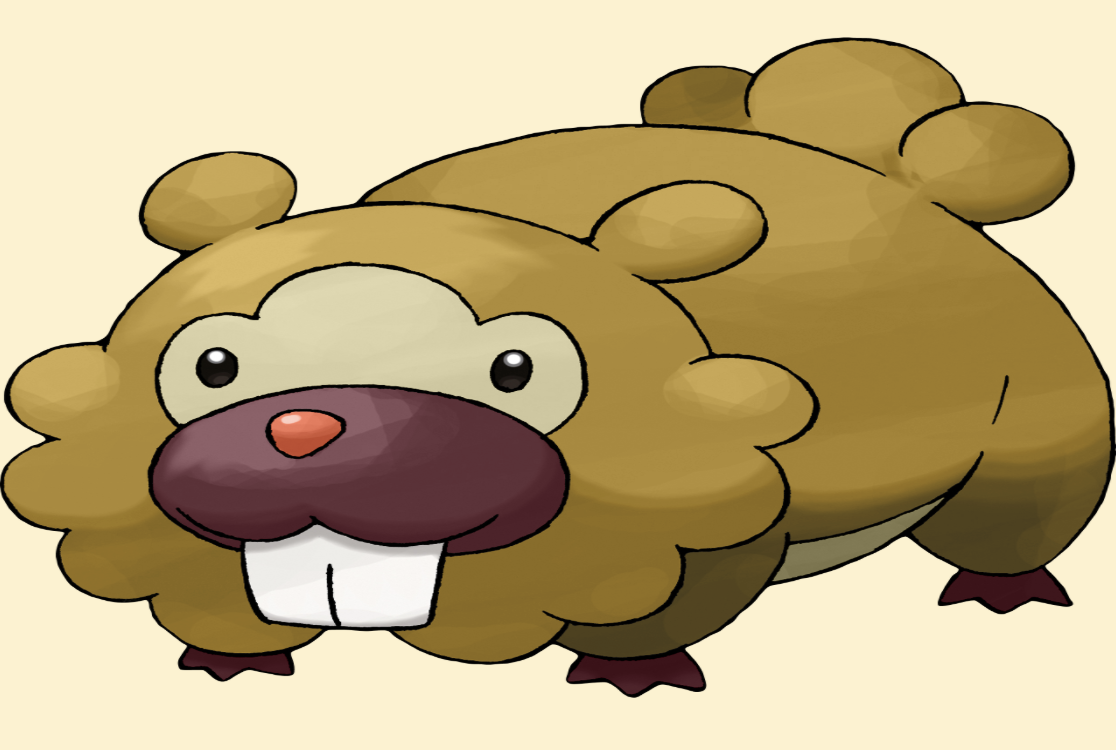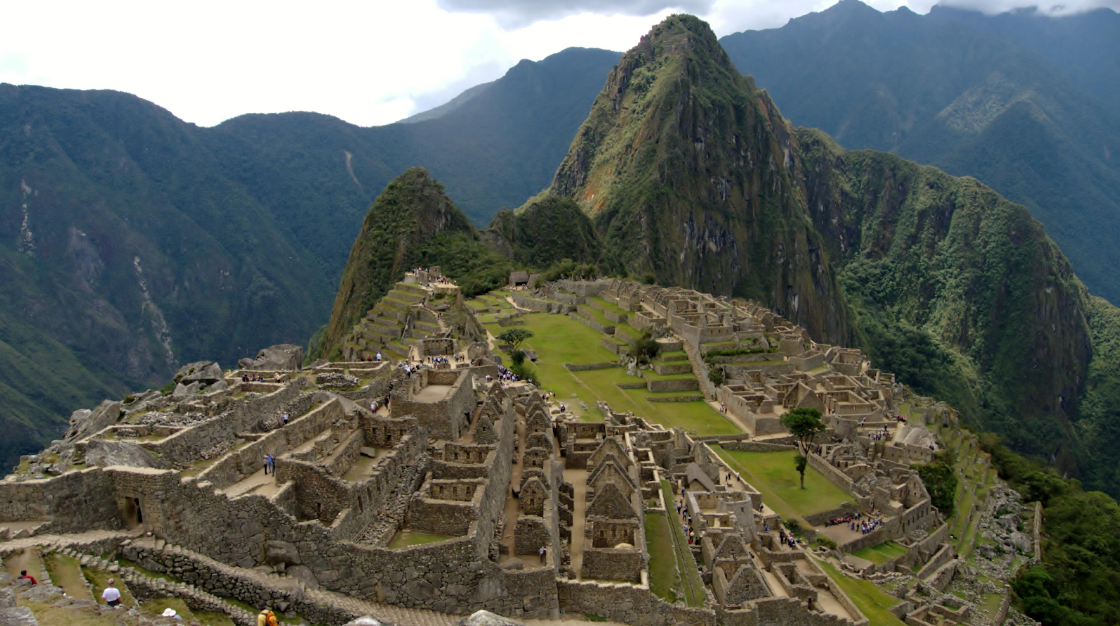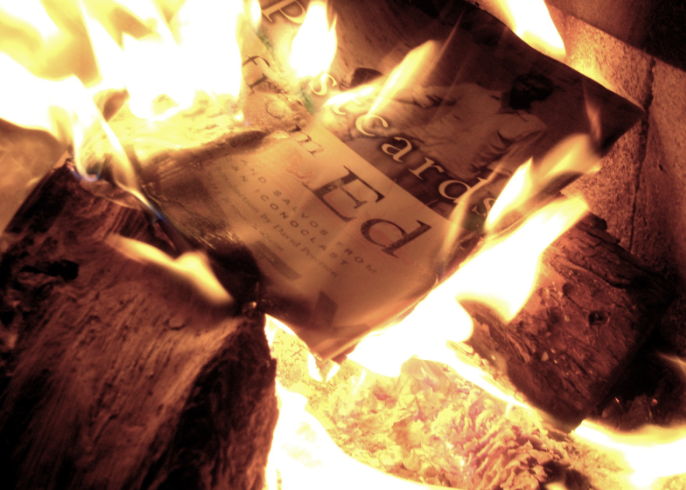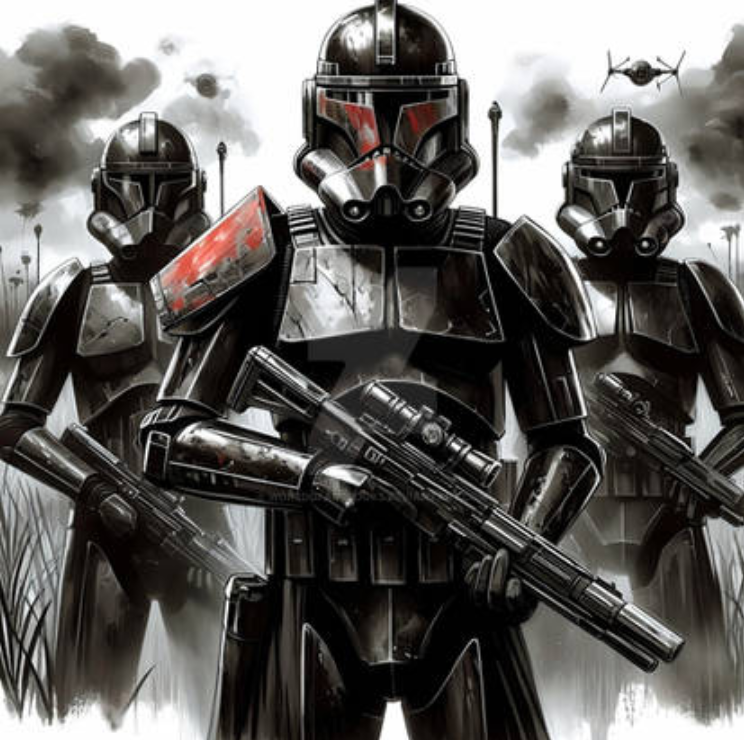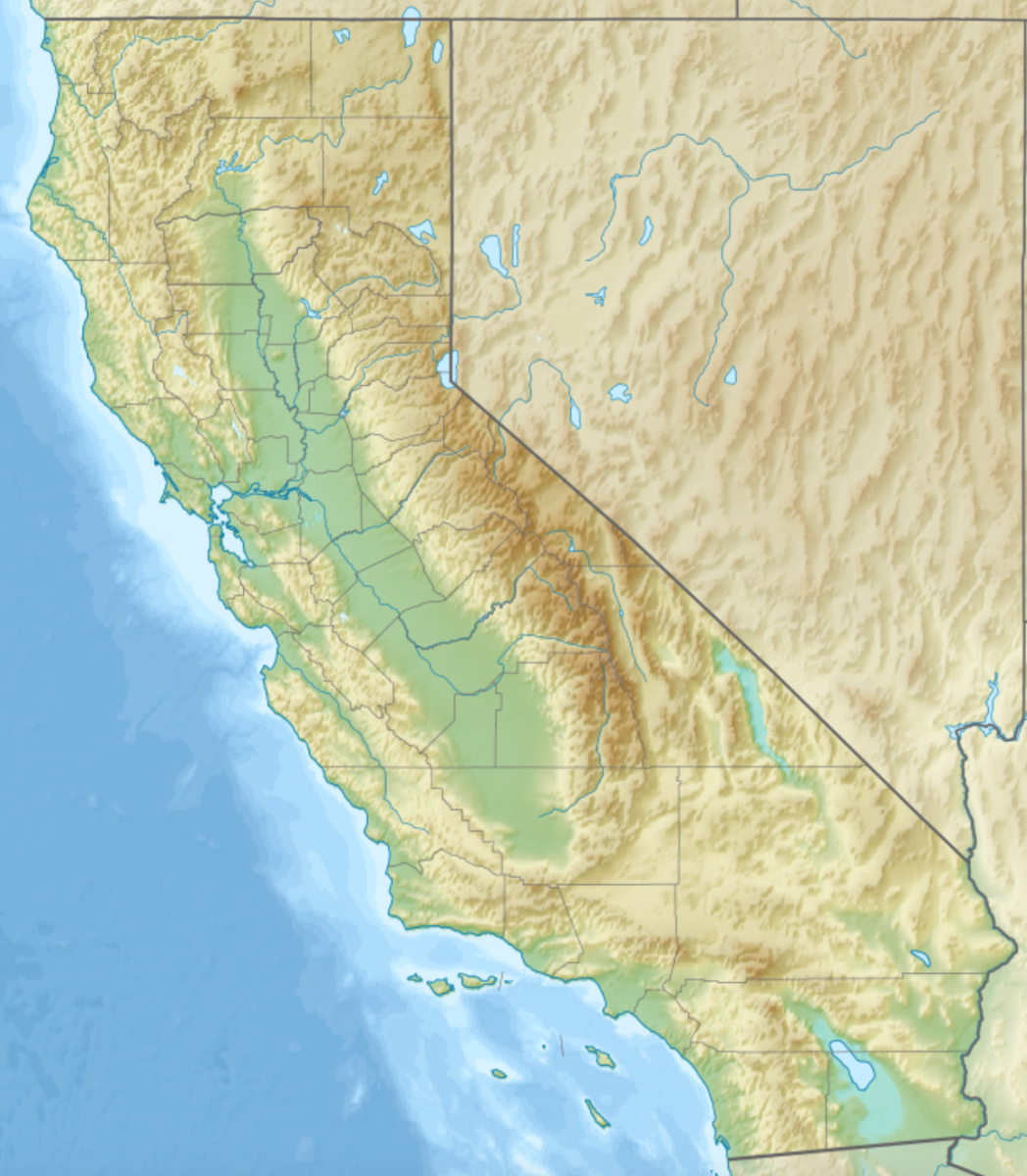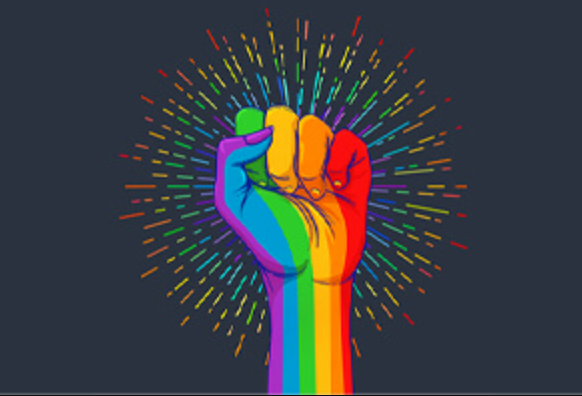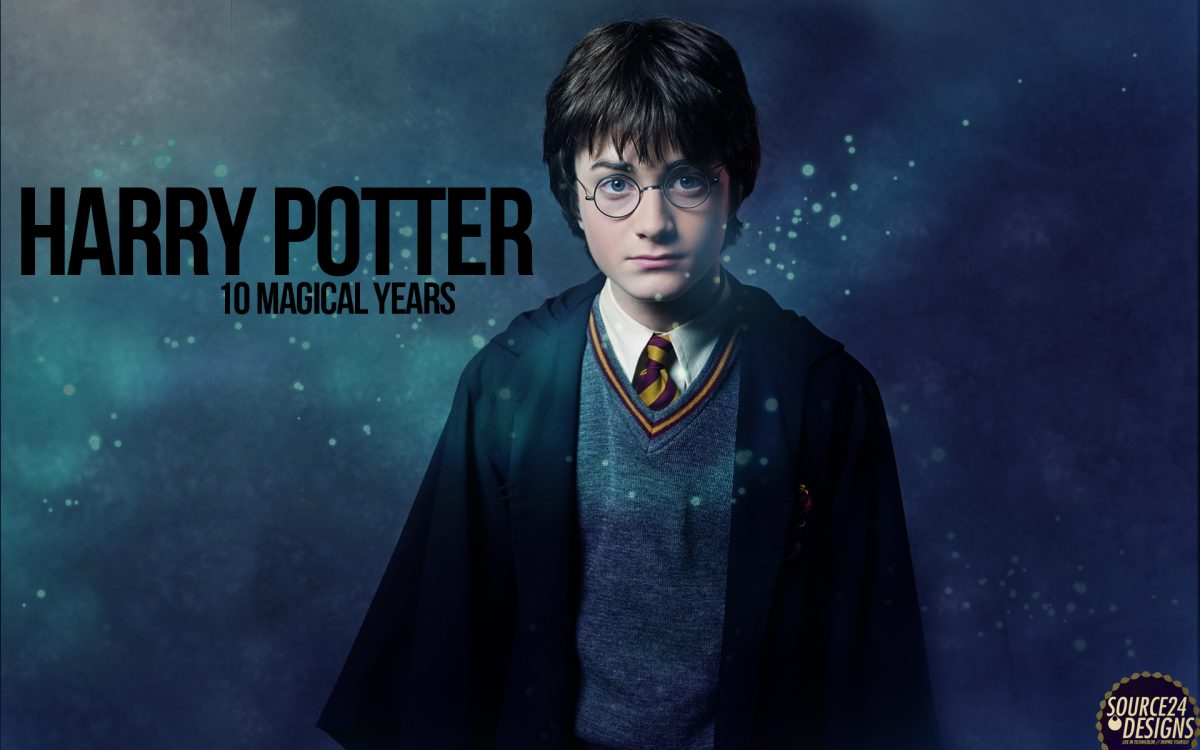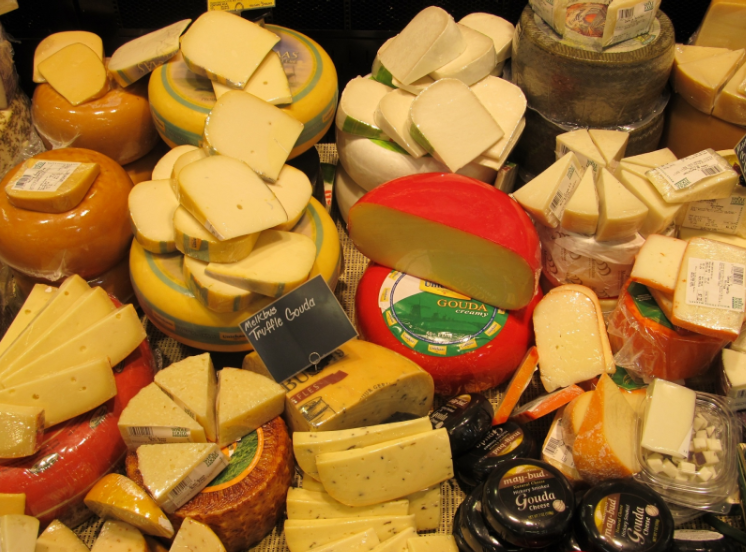What would have happened in the Harry Potter series if Voldemort had won after all?
Seems like a very pessimistic question to ask, and it is. However, such a world would be very similar to one from another fictional work: George Orwell’s Nineteen Eighty-Four. In this society, dictatorships rule the world and monitor their citizens as much as they can to end dissent.
What does a fantasy franchise about magic have to do with the totalitarian regime from Orwell’s novel?
First, there’s the government itself. There is no leader more authoritarian than Big Brother, and it’s not hard to see that something similar could be expected of Voldemort. The Death Eaters who supported him from the beginning would get to join the Inner Party, who are strictly loyal to Big Brother and consequently hold the most power after him. The rest of the magical population would form the Outer Party, with nothing to do in life but to follow all the Party’s orders. Used to be part of the fight against him? You’ll get convicted of ridiculous made-up charges, just like in 1984. Muggles like us would be the proles, with no political involvement whatsoever but somewhat aware that they have to do what the government tells them to.
Then there’s the magic in Harry Potter. In Orwell’s work, the Party maintains power by keeping strict surveillance on all members of society who have political power. With all the spells, charms, and curses, this would be even easier. Some of the most notable elements from the world of 1984 involve changing the past: editing already-printed news stories to fit the official agenda, throwing anything that contradicts the government into the memory hole, becoming an “unperson”, etc. There’s no need for all that in a magical world; a few Memory Charms would ensure that no one believes Voldemort to be wrong, ever.
Of course, there’s also the plot of 1984. Winston Smith develops resentment of the Party and the tasks it assigns him, he falls in love with secret revolutionary Julia, and they attempt to join a revolution that turns out to be a trick designed to reveal rebels. That revolution is, according to the Party, led by a man named Emmanuel Goldstein, along with his secret resistance organization; later it is shown that a book “written” by Goldstein was really written by Inner Party members. Voldemort could easily have increased support for both him and the Party by getting the population to all hate the Order of the Phoenix, even if they haven’t existed since the Party took power, and specifically, someone named Harry Potter who (gasp) attempted to stop Voldemort once.
Another important part of Oceania’s government is the ministries that enforce Big Brother’s policies. Coincidentally, there is also a Ministry (of Magic) in Harry Potter, and at the tense end of the series when Voldemort appears inevitable, he had already started subtly remaking the Ministry to his own advantage. Had Harry and his friends been unsuccessful, Voldemort could easily have filled the Ministry with his own supporters.
Orwell wrote 1984 to warn of the dangers that could come from a dictatorship. J.K. Rowling’s Harry Potter is more about the adventures of, well, Harry Potter, as he tries to beat Voldemort. However, it becomes quite obvious several times throughout the series that the protagonists are saved by the plot itself. What if that hadn’t happened? Well, everyone, magical or Muggle, would have to deal with one thing: Big Voldemort is watching you.










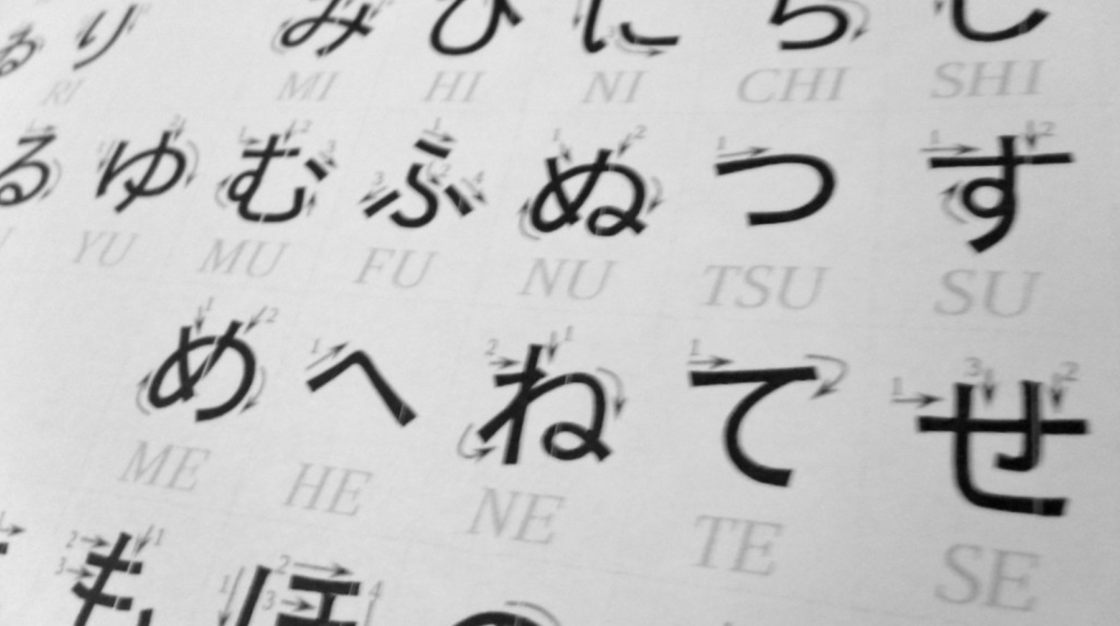






![Teacher [Milk] Tea: Part 2](https://bisvquill.com/wp-content/uploads/2024/03/Screen-Shot-2024-03-19-at-9.28.48-PM.png)










